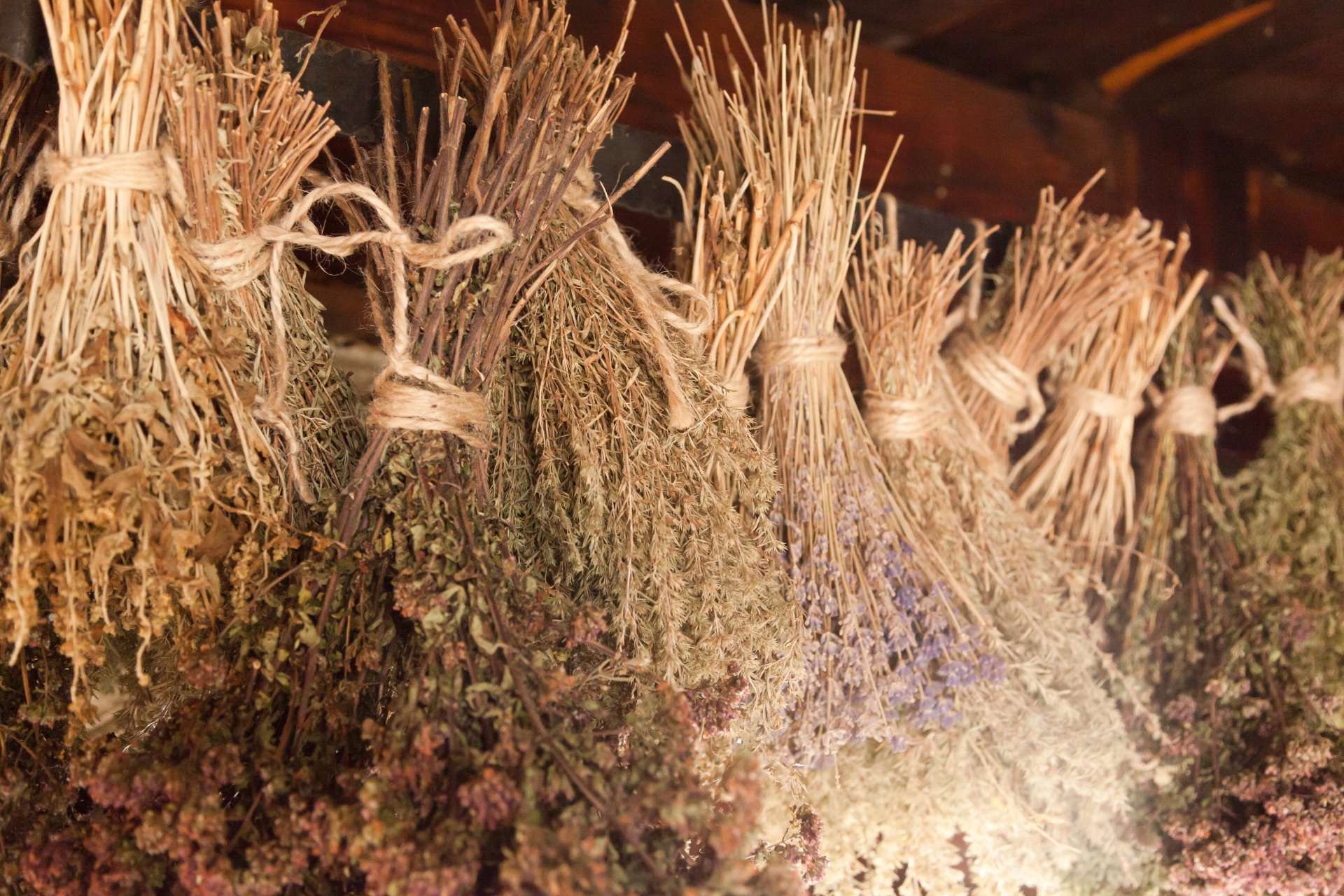Accumulating evidence suggests curcumin and turmeric can treat psychiatric disorders
12/06/2018 / By Isabelle Z.

Living with a psychiatric disorder can be devastating for both sufferers and their loved ones. Unfortunately, many of the solutions offered by modern medicine do more harm than good while offering little in the way of relief. Thankfully, researchers have discovered that a compound in the popular Indian spice turmeric has the potential to effectively treat psychiatric disorders like bipolar disorder and depression.
You may have heard the fanfare about turmeric’s anti-inflammatory properties, which it gets from a compound within the spice known as curcumin. It has long been used in traditional Chinese medicine and has been gaining popularity in Western medicine in recent years. This polyphenol is being revered for its protective, anti-inflammatory and antioxidant properties, and is being used to help fight cancer and stop the cognitive decline of neurodegenerative disorders like Alzheimer’s. Non-toxic and affordable, it’s showing a lot of promise in helping deal with many of the health problems facing people today.
The same anti-inflammatory qualities that make it so good at addressing issues like arthritis can also extend to mood disorders. Not only does it reduce levels of tumor necrosis factor alpha and inflammatory interleukin-1 beta, but it also reduces salivary cortisol concentrations while raising the levels of plasma brain-derived neurotrophic factor.
A study carried out by researchers at Australia’s Murdoch University found that curcumin extracts reduced people’s anxiety and depression scores. They noted that it was particularly effective at alleviating anxiety. Moreover, even low doses of the spice extract were effective in addressing depression. In addition, the researchers found it worked quite well on those with atypical depression, which is a marker of bipolar depression.
Growing evidence of curcumin’s usefulness in addressing psychiatric disorders
Curcumin has been found in other studies to be just as effective as one of the most popular SSRI antidepressants on the market, Prozac, making it an excellent option for those who wish to avoid the negative side effects of this psychiatric medication. It works by raising levels of dopamine and serotonin, two vital neurotransmitters related to depression. In addition, because depression is believed to be caused by chronic inflammation, it makes sense that curcumin’s ability to reduce inflammation could alleviate depression.
Interestingly, studies have also found that when curcumin is taken either alone or with saffron, it reduces the symptoms of anxiety and depression in those suffering from major depressive disorder. When taken alongside the herb fenugreek, meanwhile, it can reduce fatigue, stress and anxiety in those with extreme occupational stress. Curcumin supplementation has also been shown to significantly improve compulsiveness and memory loss in those with obsessive-compulsive disorder.
It’s also worth noting that curcumin can be taken alongside antidepressants safely; studies have even shown taking the two together can enhance their effectiveness. However, it’s important to keep in mind that antidepressants carry a lot of risks, so it’s worth exploring whether curcumin alone could be enough to alleviate an individual’s depression.
The idea of curcumin helping with mood is supported by a study that was published in the American Journal of Geriatric Psychiatry earlier this year. In that study, researchers found that participants who took curcumin supplements noted mood improvements, and they plan to explore this connection in a study of patients with depression. The researchers expressed optimism that curcumin could be a safe way to provide people with cognitive benefits; they also discovered the spice can improve memory.
Now, researchers are looking for ways to increase curcumin’s bioavailability so that people can enjoy the benefits of this all-star natural treatment. In the meantime, be sure to add black pepper to your dishes when cooking with turmeric or look for curcumin supplements that contain piperine, a black pepper extract, as this boosts its bioavailability.
Sources for this article include:
Tagged Under: alternative medicine, Anxiety, beat depression, bipolar, curcumin, depression, inflammation, mental, mental health, mood disorders, natural medicine, natural remedies, nutraceuticals, prevention, psychiatric disorders, psychiatry, supplements, turmeric




















